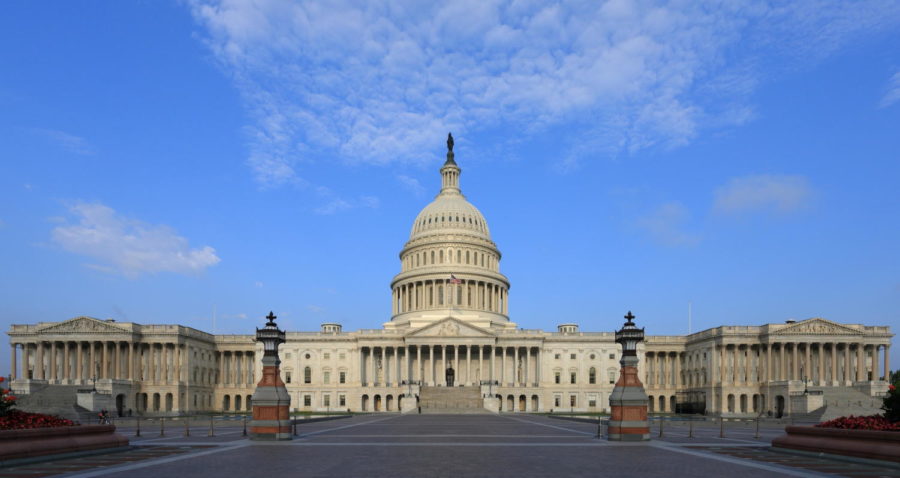Editorial: Continue funding for child health care
September 21, 2017
Currently over 6 million children receive health care due to the Childrens’ Health Insurance Program. Families are eligible for CHIP if their income is higher than the Medicaid program rules, but not high enough to afford individual health insurance. CHIP is very inexpensive for the insured families; a typical premium is less than $200 per year. The funding to support medical care for children (and some pregnant women) comes from a combination of state and federal funds, with the federal government paying the bulk of the program.
CHIP was enacted in 1997 with bipartisan support, and has been highly effective. Because of CHIP, the percentage of uninsured children in the U.S. has dropped from 13.9 percent when the program was initiated to 4.5 percent in 2015. While Congress may still be debating whether or not to repeal the Affordable Care Act and how to replace it if repeal occurs, children still deserve the long-lasting benefits of a healthy start in life.
The federal funding for CHIP expires at the end of this month. We urge Congress to extend that funding without conditions and without tying it to other bills, regardless of any current disputes over the future of the Affordable Care Act. If Congress fails to renew CHIP funding, at least 30 states and the District of Columbia would be unable to support their programs by March 2018.
On Sept. 13 Republican Orrin Hatch (one of the original sponsors of the CHIP bill) and Democrat Ron Wyden of the Senate Finance Committee proposed a five-year extension of the CHIP funding. We commend them for their bipartisan effort and strongly support their proposal to extend the funding without strings attached. Children should not be pawns in a broader, long-standing debate about how and whether the U.S. should provide universal health care.







